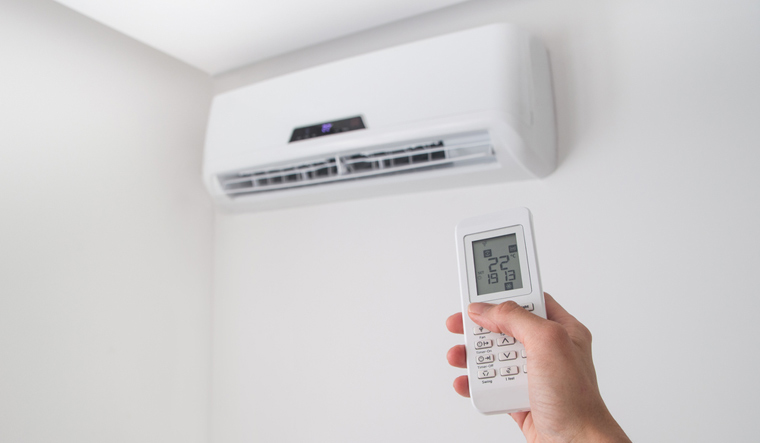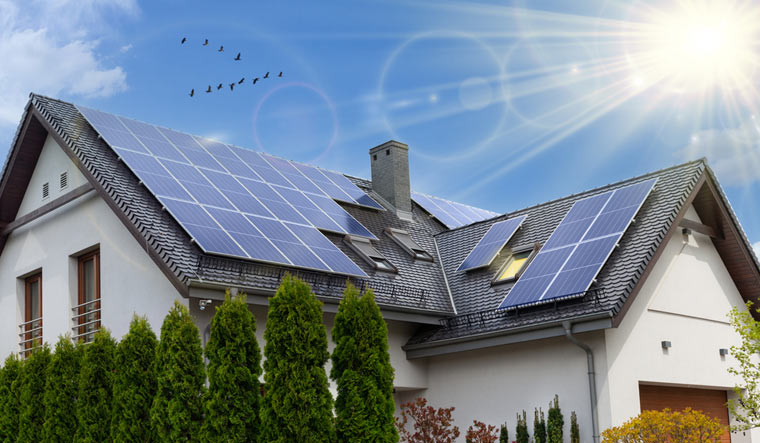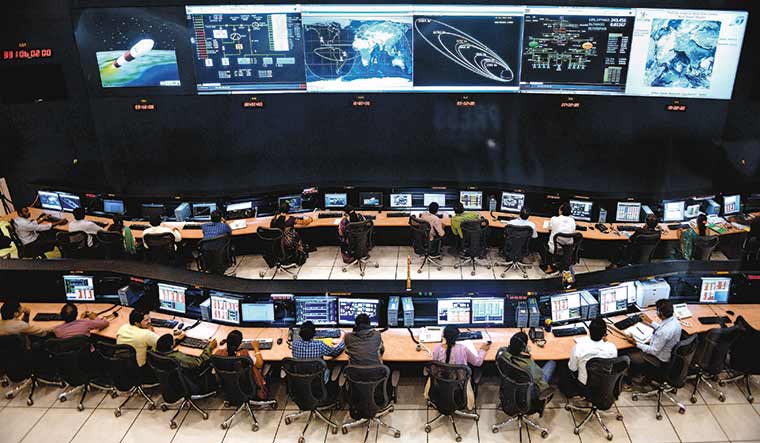
The growing use of air conditioners in India might result in an increase in emissions by as a lot as 120 million metric tonnes by 2050, in accordance with a examine. The analysis, revealed within the journal Scientific Experiences, is the primary for example the impacts of local weather change on the demand for air conditioners and electrical energy for cooling in Europe and India.
Between now and 2050, with the present gas combine, there’s a danger of a mismatch between what is finished for adaptation and mitigation, with elevated emissions in consequence, the researchers stated.
The push to purchase new air conditioners within the residential sector and the ensuing elevated use of electrical energy related will characterise each comparatively richer however extra temperate European international locations, and comparatively poorer however hotter Indian states, they stated.
The examine estimates that by 2050, underneath an over 2-3 levels Celsius warming forecast, air-conditioning uptake might double in Europe and develop fourfold in India, reaching about 40 per cent of properties in each areas.
Extra air con will convey advantages to the inhabitants by lowering the warmth publicity related to world warming. Researchers have estimated that cooling applied sciences will lead the inhabitants being uncovered to 40 per cent much less warmth in Europe and 35 per cent much less in India by 2050.
However, it will have a powerful affect on emissions. Between now and 2050 the power manufacturing required by the elevated use of air conditioners will trigger an increase in annual CO2 emissions between 7 and 17 million tonnes in Europe, and between 38 and 160 million tonnes in India.
“With electrical energy manufacturing nonetheless based mostly primarily on fossil fuels, air con as a warmth adaptation technique dangers undermining our mitigation efforts, i.e., lowering greenhouse gasoline emissions,” stated Enrica De Cian, professor at Ca’ Foscari College of Venice, Italy.
Researchers famous that mitigating these will increase would require a considerably greater power effectivity of air conditioners offered, which, particularly in India, is way beneath the effectivity of one of the best obtainable fashions.
It additionally requires additional push in the direction of decarbonisation of power manufacturing, together with extra stringent greenhouse-gas mitigation targets that might improve carbon costs by 530 per cent, they added.



